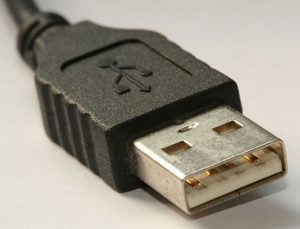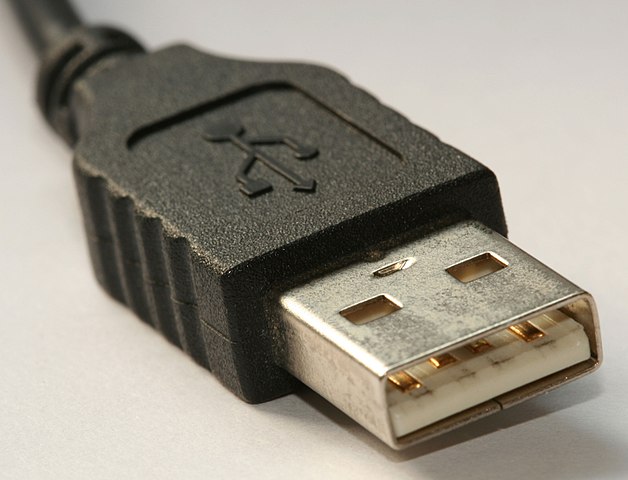 The International Maritime Organization’s (IMO) Facilitation (FAL) Committee approved at its 42nd session a completely revised and updated structure for the IMO’s Compendium on Facilitation and Electronic Business, including a new standard reference data set to be used as basis by automated and digital systems in the exchange of information when ships arrive at and depart from ports.
The International Maritime Organization’s (IMO) Facilitation (FAL) Committee approved at its 42nd session a completely revised and updated structure for the IMO’s Compendium on Facilitation and Electronic Business, including a new standard reference data set to be used as basis by automated and digital systems in the exchange of information when ships arrive at and depart from ports.
The information data set supports mandatory reporting formalities for ships, cargo and persons on board, and can also be extended to support commercial businesses in international shipping, IMO said in a statement.
The compendium is being completely updated in order to enable the implementation of the revised Annex to the Facilitation Convention (FAL), which entered into force this year and requires electronic data exchange to be implemented by all FAL Convention parties by April 2019.
The revised and updated compendium is expected to be completed over the next six months so that it can be approved by the next FAL Committee session, FAL 43, in April 2019.
Among the other revisions to the compendium that have been adopted is adding to the FAL Committee agenda a new output on the revision of guidelines for the establishment, membership, and operation of national facilitation committees. The guidelines were last issued in 1989 and are therefore out-of-date.
It has long been recognized that there is huge value in bringing together all stakeholders involved in trade, ports, customs and maritime security in national maritime facilitation committees, said the IMO.
The committee also invited contracting governments that have national maritime facilitation committees and programs to share information on terms of reference and composition and methods of work of national maritime facilitation committees; contents of national maritime facilitation programs; interaction between national maritime facilitation committees and wider national facilitation committees, maritime security bodies and port-level committees; and any national legislation adopted to give legal force to the national maritime facilitation program.
The committee also continued its review of the Explanatory Manual to the Annex to the FAL Convention. The manual is being updated to reflect the latest requirements in the revised FAL Annex.
The review of guidelines for setting up a single window system in maritime transport likewise continued during the session. A correspondence group was established to continue its review of existing guidelines. The guidelines include an annex giving examples from around the world of best practice and experience in implementing a single window.
The committee also approved a revised list of publications relevant to the ship/port interface.
It likewise adopted revised guidelines on the prevention of access by stowaways and the allocation of responsibilities to seek the successful resolution of stowaway cases.
Photo: Red





